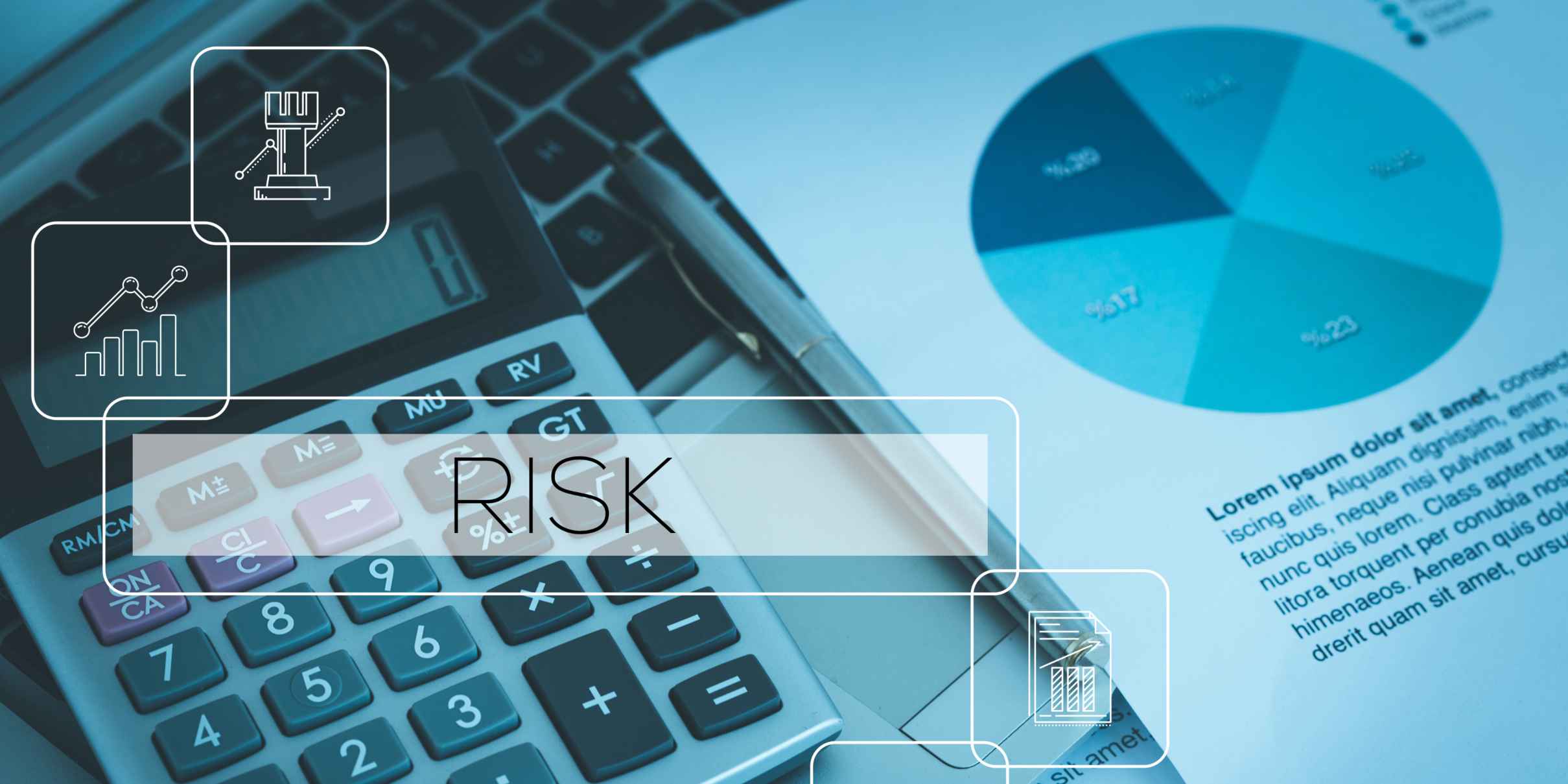Deciding whether you need a consultant for ISO certification depends on your organization's internal expertise, available resources, and the complexity of the standard you're pursuing. While consultants can provide valuable guidance and accelerate the certification process, they aren't always necessary. Organizations with existing quality management experience and sufficient internal resources can successfully implement ISO standards independently, especially with the help of modern GRC platforms that automate documentation and compliance processes. The decision should balance your timeline requirements, budget constraints, and the strategic importance of certification to your business.
Understanding ISO certification and its requirements
ISO certification involves implementing standardized management systems that meet internationally recognized requirements for quality, security, environmental management, and other organizational aspects. These standards, developed by the International Organization for Standardization, provide frameworks for consistent operations, risk management, and continuous improvement.
The most widely adopted ISO standards include:
Each standard requires organizations to establish documented processes, implement appropriate controls, conduct regular internal audits, and demonstrate continuous improvement. The certification process typically involves defining scope, conducting gap analysis, implementing necessary changes, documenting procedures, training staff, performing internal audits, and passing external certification audits. See how CERRIX Successfully Completes ISO 27001 Surveillance Audit in 2025
What is the role of an ISO certification consultant?
An ISO certification consultant guides organizations through the entire certification journey, from initial planning to successful audit completion. They bring specialized knowledge of specific ISO standards and practical experience implementing them across different organizations and industries.
Consultants typically perform several key functions:
The consultant's primary value lies in translating abstract standard requirements into practical, business-specific implementations while minimizing disruption to operations. They also help avoid common pitfalls that can delay certification or create unnecessary complications.
Can you get ISO certified without a consultant?
Yes, organizations can absolutely achieve ISO certification without hiring external consultants. Self-implementation is a viable approach for many companies, particularly those with existing quality management experience or staff familiar with management systems.
For a successful DIY certification approach, you'll need:
Many organizations successfully self-implement by leveraging free resources available from certification bodies, attending training workshops, and using specialized GRC platforms that provide pre-built compliance structures and workflows. These platforms can significantly reduce the documentation burden and provide ready-made templates aligned with ISO requirements.
The self-implementation approach typically requires more time and internal effort but can result in deeper organizational knowledge and ownership of the management system.
What factors should determine if you need a consultant?
Several key factors should inform your decision about whether to engage an ISO certification consultant:
Organizations with limited internal expertise, tight deadlines, or pursuing technically complex standards often benefit most from consultant support. Conversely, organizations with experienced quality teams, sufficient time, and simpler standard requirements may find self-implementation more appropriate.
A hybrid approach is also common, where consultants provide initial guidance and training, but internal teams handle the bulk of implementation work.
How much does an ISO certification consultant cost?
ISO certification consultant costs vary widely based on several factors, including the specific standard, organization size, implementation complexity, and geographic location. Typical fee structures include:
The total investment depends on your organization's starting point, the level of support required, and the specific standard. A small business implementing ISO 9001 might spend £5,000-£10,000 on consulting, while a larger organization pursuing ISO 27001 might invest £15,000-£30,000 or more.
When evaluating cost, consider the return on investment from faster implementation, reduced internal resource requirements, and higher first-time certification success rates. Also factor in the opportunity cost of diverting internal resources to handle implementation without expert guidance.
Remember that consultant fees are separate from certification audit costs, which are paid directly to accredited certification bodies.
What are the alternatives to hiring a consultant?
Several alternatives can support your ISO implementation without engaging a full-time consultant:
Modern GRC platforms offer particularly compelling alternatives to traditional consulting by providing pre-built compliance structures and automated workflows specifically designed for ISO standards. These platforms can significantly reduce documentation burden while providing real-time compliance monitoring and evidence collection.
The ideal approach often combines these alternatives, using technology to streamline processes while building internal expertise through targeted training.
How to successfully implement ISO standards with or without a consultant
Regardless of whether you choose to work with a consultant, certain core elements are essential for successful ISO implementation:
The most successful implementations integrate ISO requirements into existing business processes rather than creating parallel systems. This integration ensures the management system delivers genuine business value beyond certification.
Technology plays an increasingly important role in streamlining implementation. Modern GRC platforms can automate documentation management, workflow approvals, and evidence collection, significantly reducing administrative burden while improving system effectiveness.
Remember that ISO implementation is not a one-time project but an ongoing commitment to continuous improvement. The true value comes not from the certificate itself but from the improved processes, reduced risks, and enhanced performance that result from proper implementation.
At Cerrix, we understand the challenges organizations face when implementing ISO standards. Our GRC tooling provides pre-built ISO frameworks, automated workflows, and real-time compliance monitoring to simplify implementation whether you choose to work with a consultant or manage the process internally. If you'd like to see how our solution works with your specific needs, you can request a demo today.
Accessible popup
Welcome to Finsweet's accessible modal component for Webflow Libraries. This modal uses custom code to open and close. It is accessible through custom attributes and custom JavaScript added in the embed block of the component. If you're interested in how this is built, check out the Attributes documentation page for this modal component.


%20(3).jpg)

.jpg)
%20(1).jpg)
.jpg)
.jpg)
.jpg)
.jpg)
%20(1).jpg)
.jpg)
%20(1).jpg)
.jpg)
.jpg)

.jpg)
.jpg)





.jpg)

%20(2).jpg)















%20(1)%20(2).jpg)





.jpg)

.png)
.jpg)






%20(1).avif)



